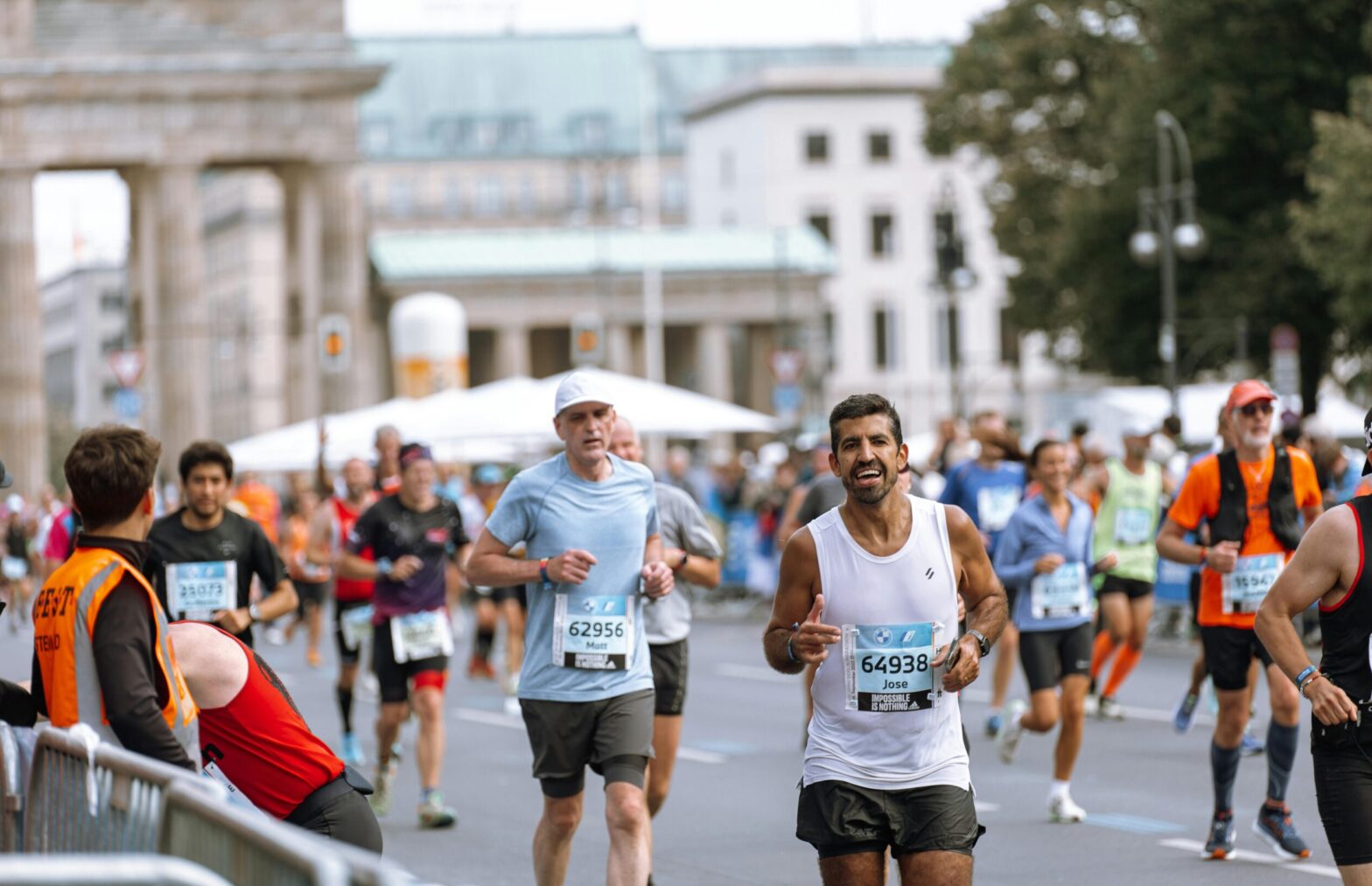The Berlin Marathon, this year taking place on 21st September, is an iconic race. As one of the six World Marathon Majors, it draws over 45,000 runners from around 150 countries, plus thousands more spectators lining the streets.
Whether you’re a first-time entrant, a seasoned athlete chasing a personal best, or a supporter cheering from the kerb, planning ahead can make a big difference – especially when it comes to small but essential everyday costs.
The Berlin Marathon – a record-breaking route with serious pedigree
The Berlin Marathon is known for its world record pace. The city’s flat, and wide roads have made it the ideal location for breaking time barriers. Eliud Kipchoge, arguably the greatest marathoner of all time, ran 2:01:09 here in 2022 – the fastest official marathon ever at the time.
But the experience isn’t just for elites. The race weaves through Berlin’s key landmarks. Sites on the route include the Brandenburg Gate, Victory Column, and the Tiergarten. There’s a unique fusion of sport and history and spectacle. Participants are spread across the generations, although most will be aged between 30 and55. Many competitors combine the race with a city break, with friends and family in tow.
Exploring Berlin
Getting around the city is simple thanks to an extensive transport system. A single fare on the U-Bahn or S-Bahn costs €2.60 (approx. £2.25) for 3 stops, while day tickets start at €10.60 (approx. £9.20). For visitors staying longer, a 7-day ticket (€44.60, approx. £39.00) offers good value and flexibility. These tickets are valid across trains, buses and trams.
Taxis in Berlin start with a standing charge of €4.30 (about £3.75) and cost €2.80 (about £2.45) per kilometre for 1-3 km and €2.60 (about £2.25) per km for 4-7km. There’s also a handy €6 (about £5.20) flat rate for short trips under 2 km – available only when hailed on the street. Though taxi drivers generally accept cards, some may still prefer cash, especially for shorter journeys or when road closures affect routes.
The Berlin Marathon: what do food and drink cost?
If you’re staying a few days, you’ll want to know what you’ll pay for meals and drinks. Here’s a quick snapshot of typical prices:
- Street food (e.g. currywurst, döner kebab): €4.00-€7.50 (approx. £3.45-£6.00)
- Burger or fast food combo: €8–€12 (approx. £7.00-£10.50)
- 500ml beer at a bar: €4-€6 (about £3.50-£5.20); from a supermarket: €1–€2 (approx. £0.90-£1.75)
- Coffee (latte or cappuccino): €3.50–€4.50 (approx. £3.00-£4.00)
- Soft drinks (330ml can): €2.50–€3 (approx. £2.20-£2.60)
- Beetroot juice (1 litre): €4–€5 (about £3.45-£4.35) This is popular with endurance athletes for its association with improved blood oxygen use during exercise, and increasing stamina and endurance. Plus, it has reported benefits in aiding recovery. However, prices do vary considerably, depending on the brand and whether or not it’s organic. Container size varies too, so you’ll find sizes from 330ml to 700ml and up to 1.4 litres, which can cost anything between €9.75 and €14.00 (about £8.45 and £12.15)
- Restaurants and shops in Berlin are increasingly cashless, but market stalls and food trucks near the marathon route may still request cash. Carrying €20–€50 in small notes can smooth out these transactions.
As always, big events may encourage some retailers, bars and restaurants to capitalise on greater visitor numbers. Be prepared for these guideline prices to be more a minimum than maximum.
Tipping and payments
Tipping in Germany is more relaxed than in the UK, but it’s still customary. In restaurants, a 5–10% tip is usual — often given by rounding up the bill. In bars, €1 per drink is appreciated, and taxi drivers generally receive a small tip, especially if they assist with luggage.
Many people still tip in cash, even if they pay the bill by card. So having coins or small notes to hand remains practical.
Why carry some cash?
Berlin is a modern, contactless-friendly city — but cash is still convenient, especially:
- For tipping
- Buying water or snacks from pop-up stalls
- Making small purchases at food markets
- In case of card machine outages or mobile signal issues
Preparing in advance can help avoid awkward moments. One easy option is Money4Travel, a service offering competitive exchange rates (they guarantee the best rates within a ten minute drive of your UK postcode) and online ordering with local pick-up. It’s ideal for travellers who want to lock in their rate before flying. Plus, with a buy-back guarantee and a loyalty points system (Pips), you can even reclaim value from any unused Euro notes when you return home.
Final thoughts for the Berlin Marathon
The Berlin Marathon is a celebration of endurance, discipline and community. But whether you’re running or watching, your experience will be smoother if you’re prepared for life outside the course.
Carry a modest amount of Euros, plan your transport in advance, and know what to expect in terms of everyday costs. Berlin is efficient, welcoming, and well-connected. And a little planning goes a long way to getting the best out of your stay there.
By Declan Morton, writer and editor at Money4Travel – the online service for foreign currency sales in the UK. More about the author.
For reference: BMW Berlin Marathon Office Website, Public transport in Berlin, BVG (public transport) tickets at a glance, Taxi Calculator, Berlin Berlin.de / The Official Website of Berlin, Numbeo-Berlin



